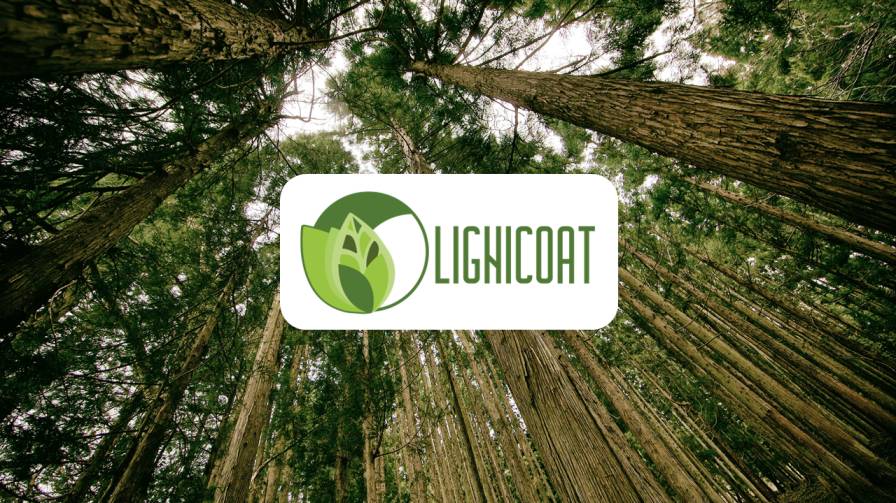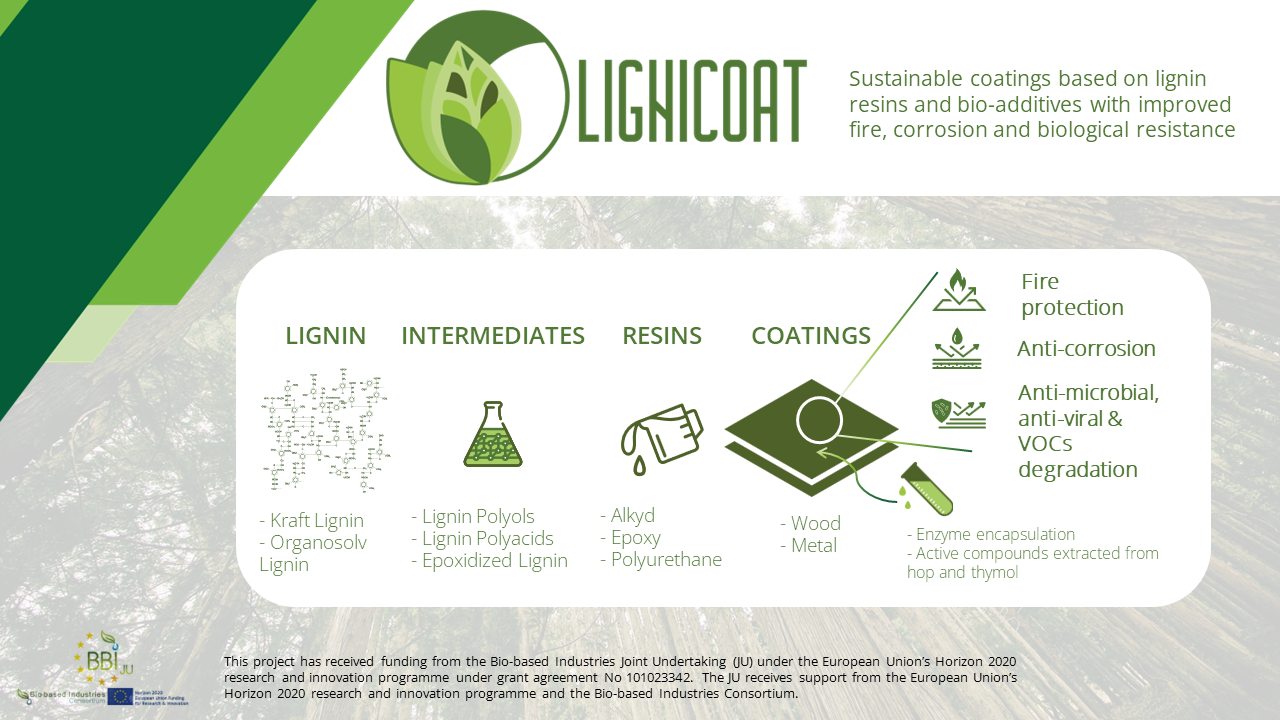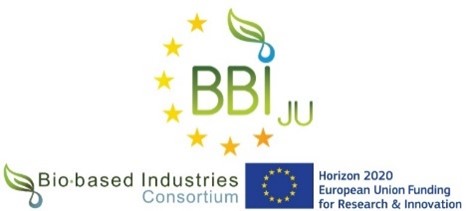
EU project LIGNICOAT joins the ExpandFibre Ecosystem
ProjectsLIGNICOAT project, funded by the Bio-based Industries JU (BBI JU) under the Horizon 2020 funding programme, seeks to demonstrate the technical, economic and environmental viability of innovative routes to produce lignin-derived bioresins for coatings and validate the new processes at pilot scale in an industrially relevant environment. Michele Ponzelli, who is leading the dissemination, communication and exploitation activities for the project, told us more about LIGNICOAT, which is perfectly aligned with the themes of the ExpandFibre Ecosystem and Programmes.
Michele Ponzelli works at Axia Innovation GmbH, a Munich-based consulting company specialised in EU-funded projects. The company is taking care of the communication, dissemination and exploitation activities of this 42-month EU-funded project with 14 partners from 8 European countries. The project has an external advisory board including e.g. Stora Enso and CIMV as members to provide different types of lignin raw materials for the project partners to further develop into novel coatings. The project, coordinated by TECNALIA, started in June 2021 and is approaching its completion in November 2024. We touched base with Michele from Stavanger, Norway, where he was attending the project month 36 meeting of the LIGNICOAT consortium. The meeting was hosted by the Norwegian LIGNICOAT partner NORCE.

Michele starts by saying that the project was initiated to tackle the challenges inherent in the coatings industry, where the environmental impact of fossil-based coatings and volatile organic compounds (VOCs) emissions raises concerns and thus regulations have been implemented to mitigate their use in coatings across many industries.
Therefore, LIGNICOAT aims to boost the transition of paints and coatings industries from petrochemical to bio-based products and increase the bio-based content of coatings while ensuring industrial performance and providing anti-corrosive, fireproof, and antimicrobial/antiviral features. The validation of the lignin-based sustainable coatings is being performed in an industrial environment under the collaboration of relevant private companies within the LIGNICOAT consortium.
Lignin is a central bio-based substance of interest for the ExpandFibre Ecosystem. LIGNICOAT project has also chosen it as its main feedstock due to its huge potential as a sustainable alternative to traditional fossil-based raw materials. Lignin can be obtained from multiple waste streams of agriculture, forestry, as well as pulp and paper industries.
Depending on the intermediates and the resins used in LIGNICOAT, the estimated bio-based content of the coatings developed in the project is aimed to be at least 60%. Finally, life cycle analysis, life cycle cost and social life cycle assessments will demonstrate the sustainability and technoeconomic feasibility of the suggested solutions for wood fireproofing, metal anticorrosion and antimicrobial coating applications.
To conclude, Michele Ponzelli sees that LIGNICOAT has already achieved significant impact beyond the coating industry: 1) Fire-retardant wood biocoatings with good fire performance properties were developed, 2) Alkyd biocoatings based on lignin showed good properties of gloss, application, hardness and anticorrosion, 3) Water-borne antimicrobial biocoatings showed effective antibacterial (E. Coli and S. Aureus) and viral (Influenza A) reduction, and 4) Bio-epoxy lacquers for coil coating on aluminium with good properties (adhesion, solvent resistance and aesthetic appearance) were developed
LIGNICOAT has brought together actors from various industries within the EU including lignin providers and technology companies, given birth to a new bio-based value chain and developed multiple new bio-based chemicals and resins (e.g. lignin polyols, epoxies and polyacids), and perhaps most importantly, demonstrated coating formulations with a high bio-based content. Finally, new job opportunities will undoubtedly arise across many industrial sectors thanks to this successful project.
More information: https://www.lignicoat.eu/

The LIGNICOAT project has received funding from the Bio-based Industries Joint Undertaking (JU) under the European Union’s Horizon 2020 research and innovation programme under grant agreement No 101023342. The JU receives support from the European Union’s Horizon 2020 research and innovation programme and the Bio-based Industries Consortium.